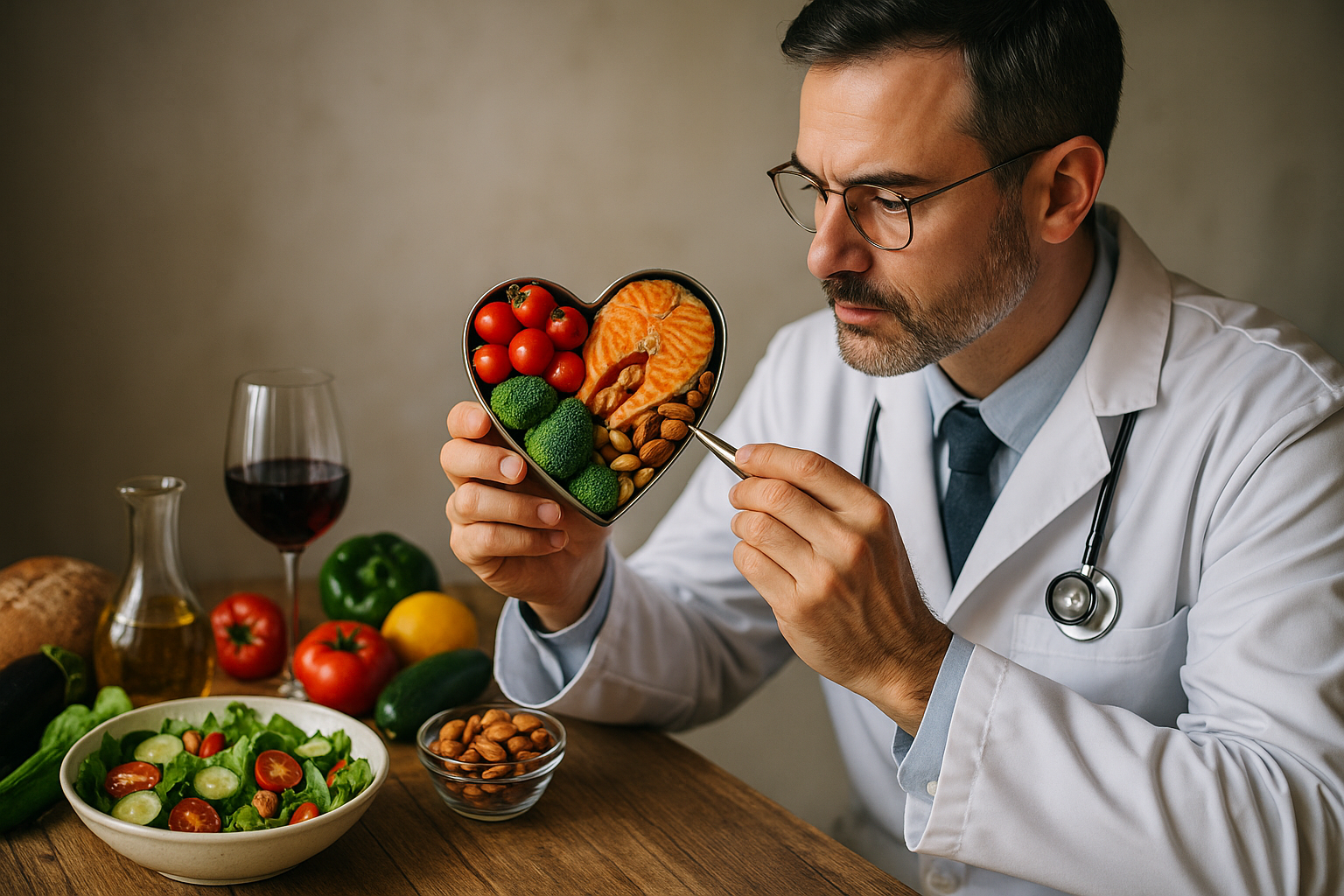In the U.S.? Avoid These 3 “Healthy” Foods for Kidney Health
Kidney disease affects millions in the U.S., and managing diet is crucial for slowing its progression. While some foods are marketed as healthy, they can be harmful for those with kidney issues due to their potassium, phosphorus or oxalate content. Avoiding these can help protect kidney function and overall health.

Why is spinach not always good for your kidneys?
Spinach is often touted as a superfood, rich in vitamins and minerals. However, for individuals with kidney disease, this leafy green can pose significant risks. Spinach is extremely high in potassium and oxalates, both of which can be problematic for compromised kidneys.
Potassium plays a crucial role in nerve and muscle function, but when kidneys aren’t functioning properly, they struggle to remove excess potassium from the blood. This can lead to hyperkalemia, a dangerous condition that affects heart rhythm. Oxalates, on the other hand, can contribute to the formation of kidney stones, further damaging already compromised kidneys.
For those with kidney disease, it’s advisable to opt for low-potassium alternatives like lettuce, arugula, or cabbage. Always consult with a renal dietitian to determine the appropriate amount and types of vegetables for your specific condition.
What are the hidden risks of avocados in kidney diets?
Avocados have gained popularity as a heart-healthy food, rich in beneficial fats and fiber. However, for individuals with kidney disease, especially those in later stages, avocados can present hidden dangers.
The primary concern with avocados is their high potassium content. A single avocado can contain more than 700 milligrams of potassium, which is a significant portion of the daily allowance for those on a renal diet. Additionally, avocados are rich in phosphorus, another mineral that damaged kidneys struggle to process effectively.
Excessive phosphorus intake can lead to calcium-phosphate deposits in various tissues, including blood vessels, potentially increasing the risk of heart disease. For those with kidney disease, it’s crucial to monitor phosphorus intake carefully and consider alternatives like cucumber or zucchini for a creamy texture in dishes.
How can whole grains be a problem in late-stage CKD?
Whole grains are generally considered a cornerstone of a healthy diet, praised for their fiber content and complex carbohydrates. However, for individuals with advanced chronic kidney disease (CKD), whole grains can present unexpected challenges.
The primary issue with whole grains for those with late-stage CKD is their high phosphorus content. Phosphorus is a mineral that plays a vital role in bone health, but when kidneys are severely damaged, they cannot effectively remove excess phosphorus from the blood. This can lead to hyperphosphatemia, a condition associated with cardiovascular disease, bone disorders, and further kidney damage.
Moreover, whole grains are often rich in potassium, adding to the potential risks for those with compromised kidney function. In late-stage CKD, it may be necessary to switch to refined grains, which have lower phosphorus and potassium content. However, this should only be done under the guidance of a healthcare professional, as refined grains have their own set of nutritional considerations.
What other foods should be monitored in a kidney-friendly diet?
While spinach, avocados, and whole grains are notable examples, several other foods require careful monitoring in a kidney-friendly diet. These include:
-
Bananas: High in potassium
-
Dairy products: Rich in phosphorus and calcium
-
Nuts and seeds: Often high in both phosphorus and potassium
-
Processed meats: High in sodium and phosphorus additives
-
Tomatoes: Rich in potassium
It’s crucial to work closely with a renal dietitian to develop a personalized meal plan that balances nutritional needs with kidney health considerations.
How can individuals with kidney disease maintain a balanced diet?
Maintaining a balanced diet with kidney disease requires careful planning and often involves a shift in eating habits. Here are some strategies to help:
-
Focus on portion control: This allows for more variety in the diet while keeping nutrient levels in check.
-
Choose low-potassium fruits and vegetables: Options like apples, berries, carrots, and green beans are generally safer choices.
-
Opt for lean proteins: Egg whites, fish, and skinless poultry can provide necessary protein without overloading on phosphorus.
-
Stay hydrated: Proper fluid intake is crucial, but the amount needs to be carefully managed based on individual kidney function.
-
Cook from scratch: This allows for better control over sodium, potassium, and phosphorus content in meals.
What role do dietitians play in managing kidney disease through diet?
Registered dietitians, particularly those specializing in renal nutrition, play a crucial role in managing kidney disease through diet. These professionals work closely with patients to:
-
Develop personalized meal plans that meet individual nutritional needs while considering kidney function.
-
Educate patients on reading food labels and understanding nutrient content.
-
Provide strategies for maintaining flavor in meals while reducing sodium, potassium, and phosphorus.
-
Monitor nutritional status and adjust diet plans as kidney function changes over time.
-
Collaborate with nephrologists to ensure dietary recommendations align with overall treatment plans.
Working with a renal dietitian can significantly improve quality of life and potentially slow the progression of kidney disease through proper nutrition management.
In conclusion, while foods like spinach, avocados, and whole grains are generally considered healthy, they can pose risks for individuals with kidney disease. Careful dietary management, under the guidance of healthcare professionals, is essential for maintaining kidney health and overall well-being. By understanding which foods to limit or avoid, individuals with kidney disease can make informed choices that support their health goals.
This article is for informational purposes only and should not be considered medical advice. Please consult a qualified healthcare professional for personalized guidance and treatment.




